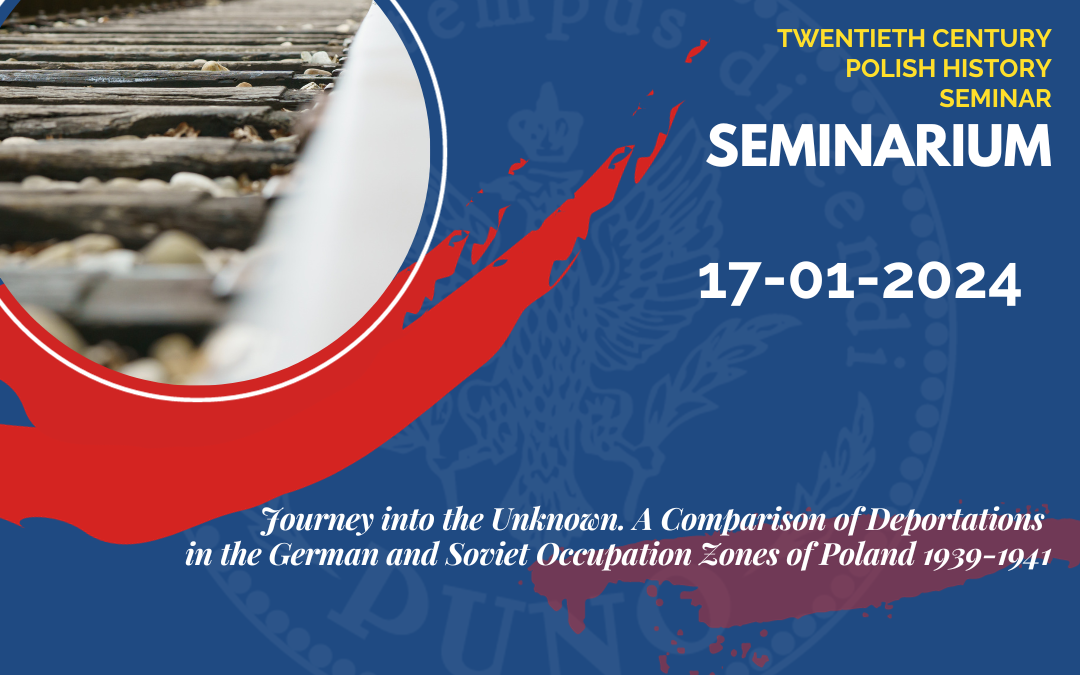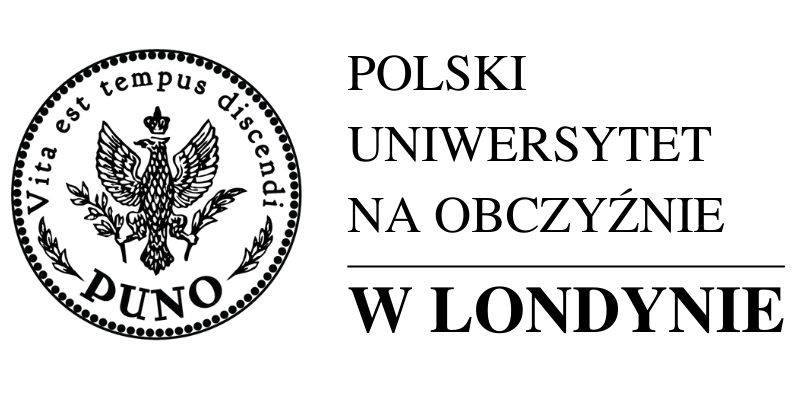
- wydarzenie już minęło.
Twentieth Century Polish History Seminar

Since the Russian invasion of Ukraine, deportations have once again become a subject of public interest. Especially in the course of the double occupation of Poland in 1939-1941, comprehensive deportation programmes were implemented in both the German and Soviet occupation zones. While the Soviets deported about 320,000 people to the interior of the USSR in four deportation campaigns to be used as forced labour in forestry and collective farms, the Germans resettled about 450,000 people from the incorporated territories and deported them either to the Generalgouvernement or for Germanisation or forced labour in the Altreich. The deportations not only represented a break in the biographies of those affected, but also permanently changed Polish society. Comparisons of National Socialism and Stalinism usually consider the two systems as a whole. However, with the deportations in an almost identical area during the same period serving as a tertium comparationis, it becomes possible to undertake a more systematic comparison. While it is important to problematise the term totalitarianism as a very politically loaded concept in today’s Poland, there are nevertheless parallels between the deportation programmes of the two regimes. The objective of this paper is to clearly highlight the differences on the one hand, but also to identify functional equivalents on the other. For this purpose, the modus operandi, the underlying legitimisation strategies as well as the conceptions of space that were present in both regimes and, in a further step, the effects on Polish society will be analysed. Beyond the concept of totalitarianism – can certain aspects that were specifically inherent to these two regimes be identified and can such features be found in other examples – such as that of Ukraine?
Hannah Riedler studied History and Slavic Studies at the University of Vienna. In April 2021, she started working as a project assistant at the University of Klagenfurt researching the double occupation of Poland in 1939-1941. Her research interests include the history of Poland, the comparison of dictatorships as well as the Holocaust. She has received several fellowships and grants for her research, including from the IfZ in Munich, the DHI in Warsaw, and Yad Vashem. She has presented the results of her research at international conferences and workshops – for example at the POLIN Museum in Warsaw and Yad Vashem.
22 November 2023
Polish University Abroad LONDON is inviting you to a scheduled Zoom meeting.
Topic: History Seminar Polish University Abroad
Time: Nov 22, 2023 18:30 London
Join Zoom Meeting
https://us06web.zoom.us/j/82734571517?pwd=ANWS6HULdEp8hrbvXf11yCHBYbzbhH.1
Meeting ID: 827 3457 1517
Passcode: 053937
